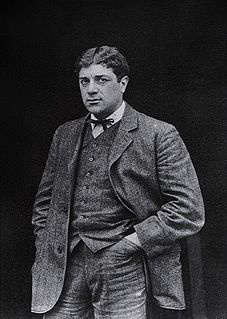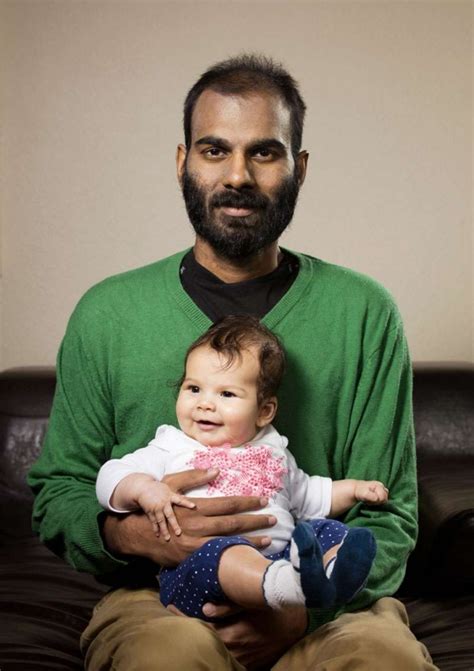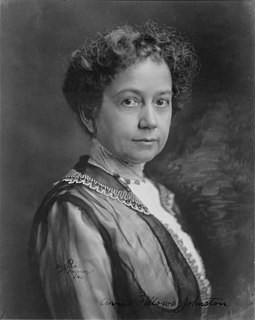A Quote by Georges Braque
When one reaches this state of harmony between things and one's self, one reaches a state of perfect freedom and peace-which makes everything possible and right. Life becomes perpetual revelation.
Related Quotes
I have made a great discovery. I no longer believe in anything. Objects don't exist for me except in so far as a rapport exists between them and myself. When one attains this harmony, one reaches a sort of intellectual non-existence, what I can only describe as a sense of peace, which makes everything possible and right. Life then becomes a perpetual revelation. That is true poetry.
If you see yourself in a favorable light, if your image of yourself is pleasant, if this visual concept of yourself cannot be shaken by temporary defeats, then you have reached the goal achieved by the most fortunate. Not everyone reaches this mental state; in fact, many people do not even believe it is possible. Happiness and peace of mind are a matter of consciousness. We must create the inner-harmony we desire. This type of awareness is not an accident, it comes from study and an understanding that we are truly creative.
Once we have a firm practice of compassion our state of mind becomes stronger which leads to inner peace, giving rise to self-confidence, which reduces fear. This makes for constructive members of the community. Self-centredness on the other hand leads to distance, suspicion, mistrust and loneliness, with unhappiness as the result.
I do not know if the doctrine that the nation-state arose in the 19th century was still being taught:;... but it is erroneous. The nation-state reaches back far into the origins of Europe itself and perhaps beyond. If Europe was not always a Europe of nations, it was always a Europe in which nations existed, and were taken for granted, as a basic form of the State.
The error of Socrates must be attributed to the false notion of unity from which he starts. Unity there should be, both of the family and of the state, but in some respects only. For there is a point at which a state may attain such a degree of unity as to be no longer a state, or at which, without actually ceasing to exist, it will become an inferior state, like harmony passing into unison, or rhythm which has been reduced to a single foot. The state, as I was saying, is a plurality which should be united and made into a community by education






































